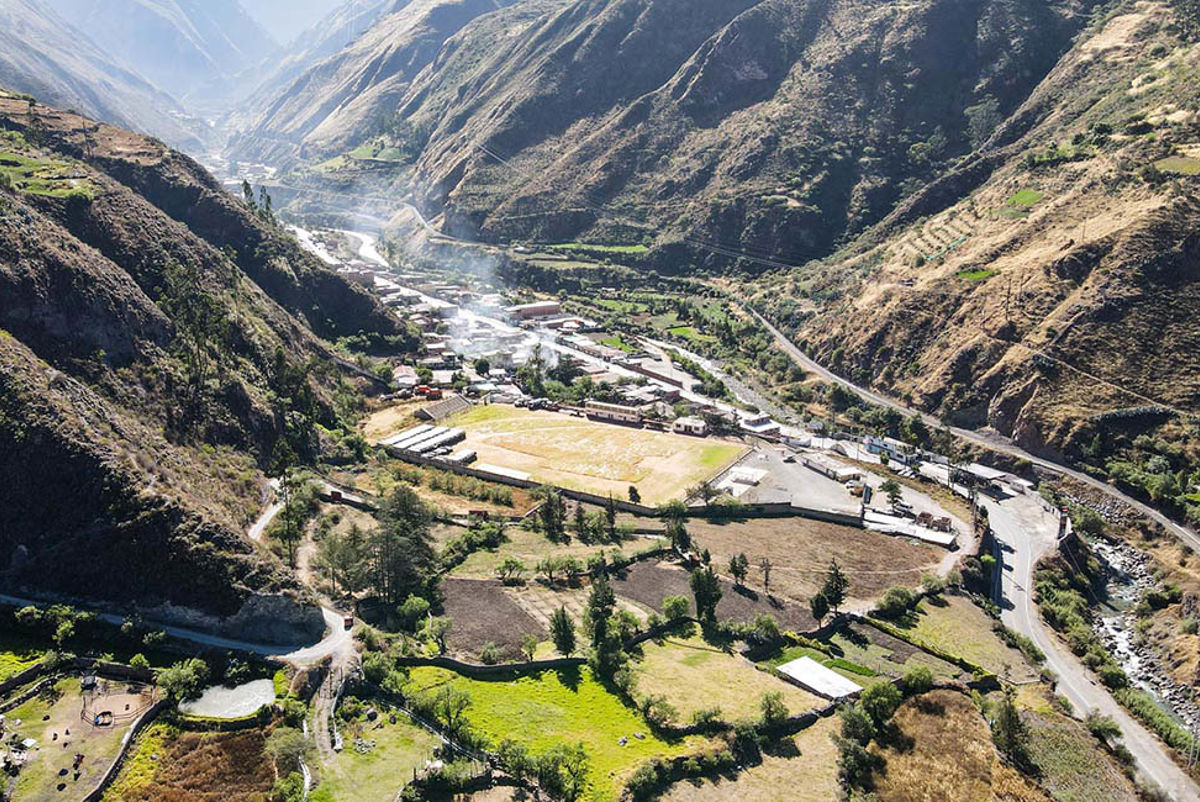Sustainable economy and finance

Economic planning and evaluation
Cities in emerging markets grapple with challenges such as infrastructure deficits, limited access to capital, regulatory hurdles, and skill gaps. Moreover, transitioning to a green economy necessitates significant structural changes, which can be disruptive in the short term.
We shape better plans for living and working that are sustainable and inclusive. We support leaders in making decisions, developing policy and building systems that can deliver improved communities through the delivery of economic plans, business cases, and investment prioritisation studies, all based on a robust evidence-based approach.
Evaluation is a vital component of development, using evidence to maximise the impact of policies and interventions. It aids in risk management, programme improvement, and understanding what works, for whom, and when. We employ a wide array of evaluation tools to assess each stage of the policy and programme cycle, used together with other tools such as monitoring and learning.
Green growth
Growth is essential for economic development and achieving the Sustainable Development Goals. But growth must be pursued in a way that promotes good outcomes for people – including sustainable development, economic inclusion, and gender equality – and good outcomes for the natural environment.
Achieving this requires sound economic and industrial policy, catalysing private sector investment, and good governance in the design and delivery of projects. Our multidisciplinary expertise and global experience helps governments, organisations and development partners design economic strategies and policy solutions for green growth, create successful partnerships with the private sector, and implement good project governance across all the key sectors of infrastructure and the built environment.
Nature and infrastructure finance
Nature provides huge value to our society and economy. Because its preservation and restoration are paramount to addressing the climate emergency, governments have set the course for significant levels of investment in the decades ahead. Nature-based solutions (NbS), aiming to protect ecosystems such as forests, agricultural land, peatlands, mangroves, and oceans while addressing societal and economic challenges, are widely accepted as the way forward. NbS need to be innovative, economically feasible, and solution-oriented to address specific climate and biodiversity challenges.
Green infrastructure and nature-based solutions (NbS) are critical to economic development and improving resilience to climate change. The scale of the task is vast, and governments, particularly in emerging economies, are unable to fund all the necessary public sector interventions. There is a pressing need for innovative financing mechanisms to unlock infrastructure and NbS.
We collaborate with international financial institutions, governments, and development partners and use our expertise to examine the entire value chain of NbS projects. In low- and middle-income countries where the impacts of climate change are most acutely felt, NbS can strengthen resilience and promote sustainable development. Our team works across a range of services from problem identification, early stage of development of NbS economic criteria, embedding economic and revenue generation goals, preparing business cases, funding, and financing strategies, and developing governance strategies. Our work is strengthened by our colleagues who are experts in ecology, planning, water management, climate, and environment.
Project preparation and public/private partnerships
In today’s global economic landscape, low- and middle-income countries face an acute challenge in successfully bringing projects through to completion. Project sponsors need innovative models of financing and risk management, and advisors who understand what works in context – including public-private partnerships.
We have a wide range breadth of experience working with governments, sponsors, lenders and development partners in challenging and high-risk contexts, to guide the preparation of energy, transport, water and other infrastructure projects from concept to invest-ability, to bankability and to financial close –all the while ensuring project preparation incorporates world-leading environmental and governance standards.
Following the devastating loss of lives and livelihoods during the El Niño climate cycle in 2017, the UK Department for International Trade signed a government-to-government agreement in June 2020 with the Government of Peru to help accelerate the reconstruction of vital schools, health facilities and flood protection.
The UK Delivery Team (UKDT) made up of experts from Arup, Mace and Gleeds has been working with the Authority for Reconstruction with Changes to apply international best practice to the delivery of vital infrastructure and facilities that will protect and benefit millions of people along the coastal regions of Peru.
Get in touch with our team
Explore our services
International development
We offer a comprehensive array of international development services, reflecting the full breadth of Arup's technical and consultancy expertise.

